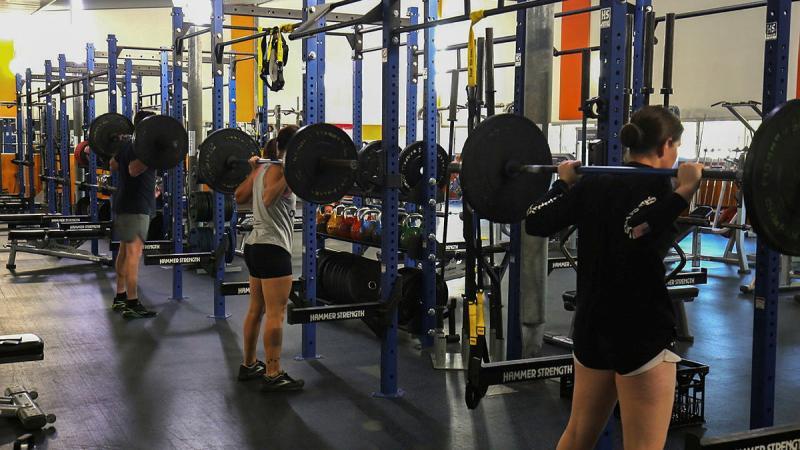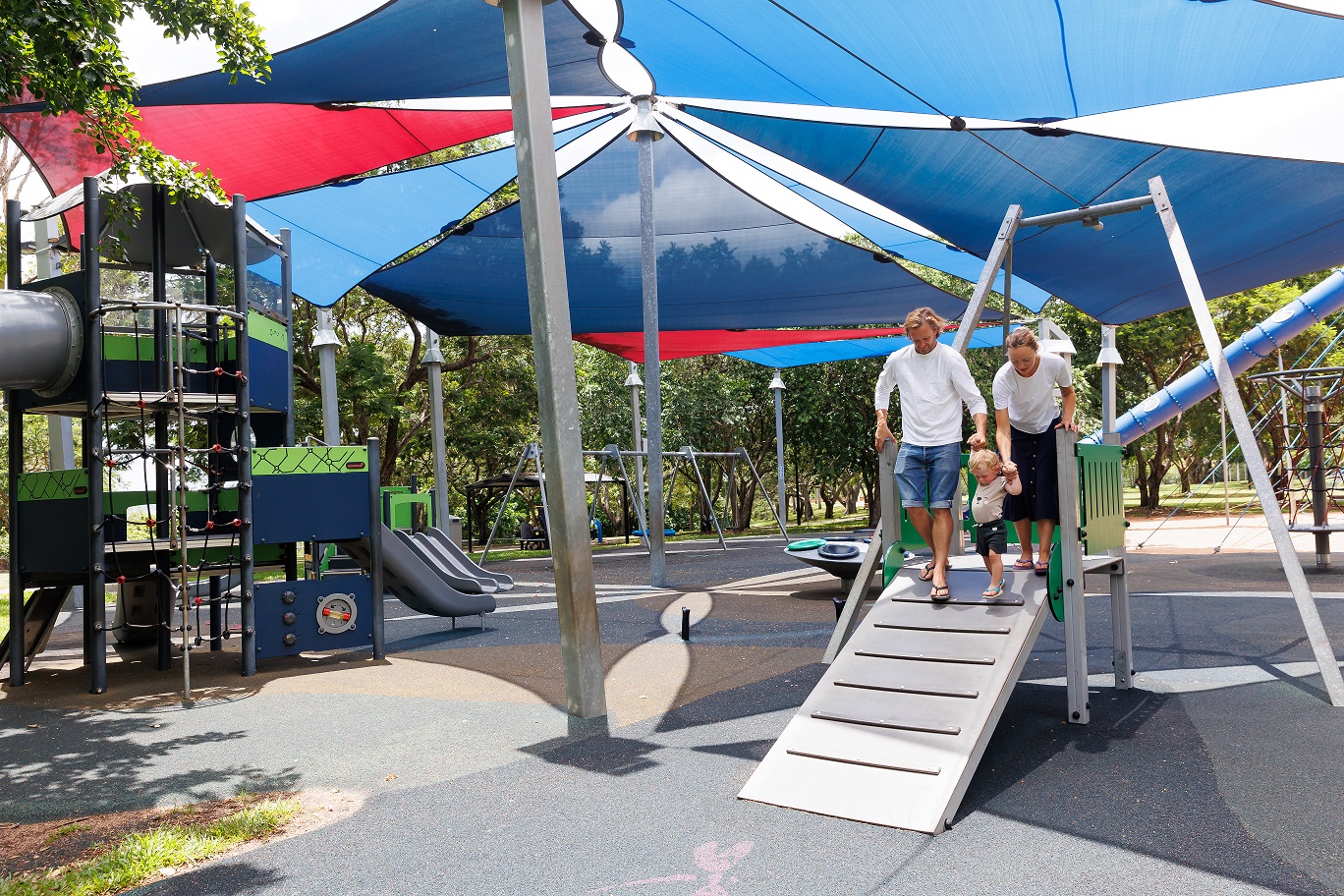Professor Sharon Lewin is the Director of the Peter Doherty Institute for Infection and Immunity at the University of Melbourne. Her research has focused on strategies to achieve an HIV cure, enhancing clinical outcomes for people living with HIV and hepatitis B and the identification of novel treatments for COVID-19. She is internationally known for her development of laboratory models to study HIV latency and for leading innovative early phase clinical trials aimed at reversing HIV latency. Professor Lewin has received Melburnian of the Year (2014), the Peter Wills Medal from Research Australia (2015), Officer of the Order of Australia (2019), and Medal for Outstanding Female Researcher by the Australian Academy of Health and Medical Sciences (2022).
The advent of antiretroviral therapy in 1996 to manage and suppress HIV-infection was a defining moment in the AIDS epidemic. I had just finished my training as an infectious diseases physician and completed a PhD in HIV virology, and in 1997, started an NHMRC CJ Martin Fellowship which took me to Rockefeller University in New York to work with Time Man of the Year, Dr David Ho.
Dr Ho had pioneered the use of combination antiviral treatments for HIV which was the breakthrough needed to stop people dying from AIDS. However, there was a catch. Antivirals couldn’t eliminate the virus and as soon as treatment was stopped, the virus rapidly returned.
Two weeks after arriving in New York with my young family, the concept of HIV latency was discovered, and I set to work on developing novel approaches to quantify tiny amounts of virus that persisted in people on antiviral treatments. These assays are still used today to assess interventions aimed at eliminating HIV latency.
I returned to Australia in 1999 and for the next 25 years pioneered research on novel approaches to cure HIV infection or find a way for people to safely stop antiretroviral therapy and keep the virus under control.
Although we are many years away from a cure, we need to ensure that communities understand the science, can inform the direction of the research and have the opportunity to work with scientists and industry to ensure that any cure for HIV is scalable and widely accessible in all countries.
Through my involvement in the International AIDS Society, I have been able to advocate globally for more investment in HIV cure science and have also engaged with scientists and community advocates from low- and middle-income countries to build capacity in HIV cure Science in the countries most effected by HIV, specifically sub Saharan Africa.
My response to the early reports of a new respiratory virus in Wuhan in January 2020 was heavily influenced by my experience in the HIV pandemic.
I knew that Science was ultimately going to solve the crisis, but our response to the pandemic needed strong partnerships with political leaders and clear communication and engagement with the community.
Furthermore, I knew that although a vaccine is the cheapest and most effective way to control or eliminate an infectious disease, antiviral treatments were also essential and that we needed newer technologies to develop antivirals at speed for new pathogens.
Over the course of this investigator grant, I will lead an integrated fundamental, clinical and translational research team with an extensive network of collaborators to discover, evaluate and implement strategies to treat and cure acute and chronic viral infections, specifically aimed at a cure for HIV and better antivirals for SARS-CoV-2. I will use novel approaches to quantify and also eliminate long lived forms of HIV that persist on antiviral therapy, through triggering suicide of the infected cells and boosting immunity. I will leverage advances in mRNA therapeutics and gene editing as a novel strategy to eliminate HIV latency and to treat SARS-CoV2, which could be used to treat other new respiratory viruses.
The impact of our work on people with HIV is a significant motivator for my research. Many people with HIV can’t access antivirals and many are unable to or don’t want to take treatment lifelong.
We have had major scientific success in HIV treatments, but we still need to do better. For the next pandemic, we will need antivirals as fast as we need vaccines and to ensure all the tools are globally accessible.
The most important skill in Science is to stay open to new ideas, communicate clearly and keep your eye on new technologies. The new ideas might come from your students, a paper outside your area or a colleague from a totally unrelated discipline. Curiosity, communication and collaboration have been the secrets to my success in Science.
Professor Sharon Lewin AO, recipient of the 2023 NHMRC Elizabeth Blackburn Investigator Grant Award – Clinical Medicine and Science (Leadership).








